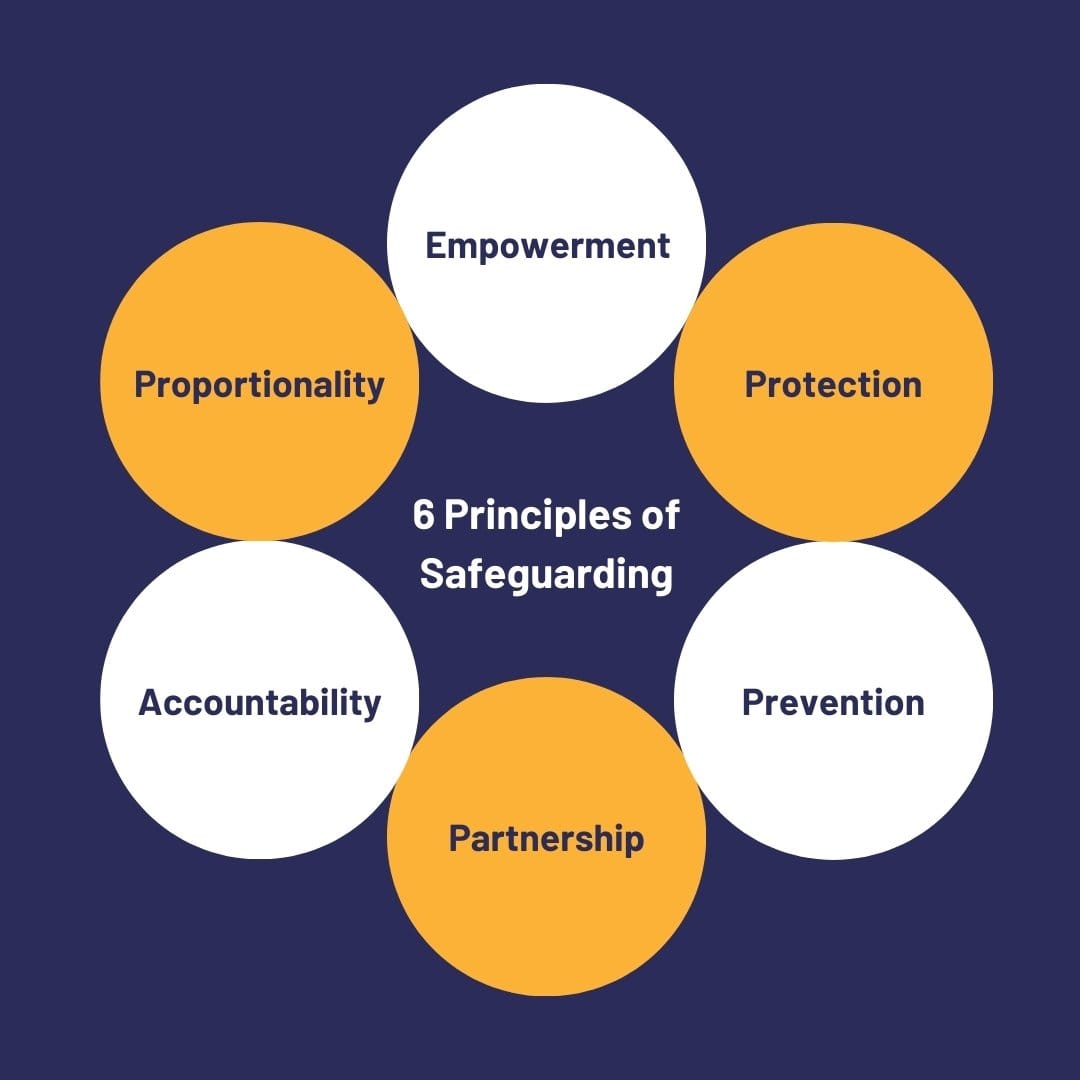
Upon receiving an invitation to a webinar entitled “Special Session on a New Autism Risk Test,” I anticipated a dialogue regarding screening methodologies or innovative interventions. However, my investigation into the company and its website revealed a proposal for a punch-biopsy-based lab test, promoted as a means to identify autism risk in newborns as soon as two days post-birth.
As a nurse practitioner who cares for autistic patients and a mother of two autistic children, I have a personal and professional investment in this area. I advocate for early detection and intervention, but most importantly, I champion science. What I observed in this presentation was concerning.
The company promotes a test that evaluates calcium signaling in skin fibroblast cells. They assert that this test identifies “biological risk” for autism by examining IP3R-mediated intracellular calcium release, utilizing a method derived from fundamental scientific research.
Their primary reference is a [2017 preclinical study that demonstrated disrupted calcium signaling in neurons from autistic individuals using induced pluripotent stem cells](https://pmc.ncbi.nlm.nih.gov/articles/PMC5286408/). However, that research did not involve fibroblasts, did not assess infants, and did not authenticate a diagnostic tool.
Nevertheless, the company claims that their test can direct early intervention and cites possible IQ increases of up to 17 points. This statistic originates from behavioral intervention studies, including a randomized trial of the [Early Start Denver Model (ESDM) demonstrating IQ gains of up to 17 points in toddlers, not from any analysis of this assay](https://publications.aap.org/pediatrics/article-abstract/125/1/e17/29731/Randomized-Controlled-Trial-of-an-Intervention-for?redirectedFrom=fulltext).
This is promotion masquerading as medicine.
The test is a lab-developed test (LDT) provided through a partner laboratory in California. Like many LDTs, it has not received FDA approval or clearance, as indicated in the test’s own fine print. It’s also not covered by insurance, meaning parents must pay out of pocket for a test that yields no actionable results, validated thresholds, or clinical direction.
Although skin biopsies are low-risk, they are not without risk. Conducting an invasive procedure on a newborn without clinical necessity necessitates a significant justification, which this test does not fulfill.
The laboratory has previously faced scrutiny. In 2021, it settled for $357,000 for violating the False Claims Act, after purportedly billing Medicare for genetic testing without adequate physician oversight. The U.S. Department of Justice reported that the lab collaborated with marketers who enrolled vulnerable seniors into unnecessary testing programs. One such marketer was subsequently convicted of health care fraud.
This same lab is now offering parents insights into their child’s neurodevelopmental future based on a skin sample.
Would you rely on this lab to influence one of the most emotional and significant health care paths a family might encounter?
If a parent receives a “positive” result, what comes next? No pediatrician should commence services based on an unvalidated cellular biomarker. Autism diagnosis continues to be based on behavioral assessments, milestone tracking, and multidisciplinary evaluations.
The outcome of this test does not alter clinical management; it merely adds confusion. For some families, it may cause unnecessary worry. For others, it could provide false comfort. Most concerning of all, it might postpone referrals for evidence-supported evaluations.
To clarify, I am not against innovation. Autism is multifaceted, and we urgently require improved tools for screening, support, and understanding. Investigating calcium signaling as a research target is worthwhile. But that’s exactly what it remains at this moment: research, not readiness.
It’s one thing to investigate a promising cellular biomarker in a laboratory setting. It’s another to market it to exhausted new parents yearning for certainty.
We have an ethical responsibility to avoid equating hope with hype.
Autistic individuals deserve research based on rigor, not conjecture. Families deserve tools that clarify, not mislead. Clinicians deserve diagnostic advancements they can have faith in.
The future of autism care needs scientific rigor: replication, regulatory supervision, and real-world clinical validation, not branding, biopsies, and hypothetical biomarkers.
As a nurse practitioner and a mother, I urge our clinical community: Do not permit pseudoscientific diagnostics into our examination rooms. Not now. Not in this manner.
Let’s maintain our standards for our patients, our families, and our profession.